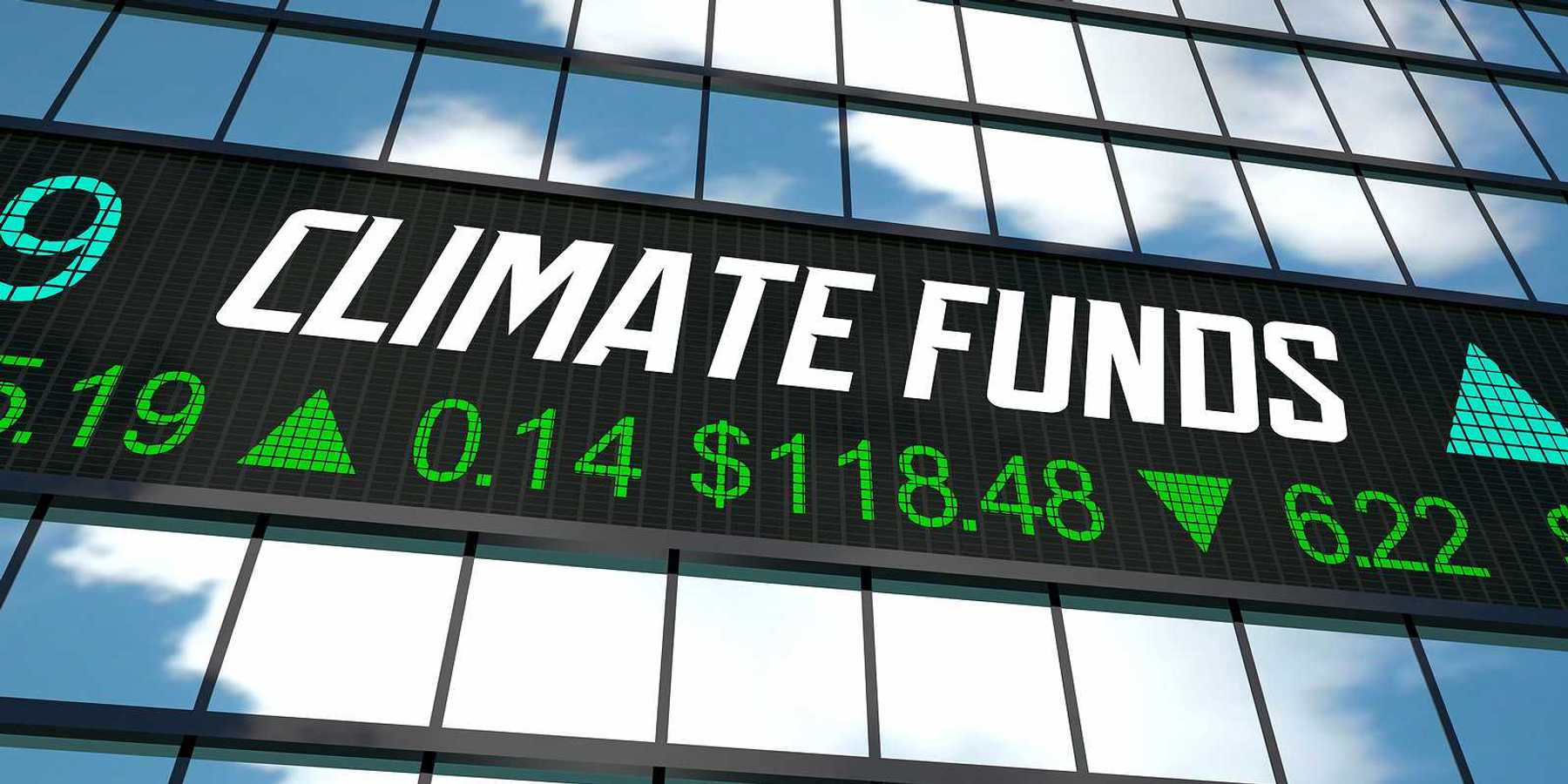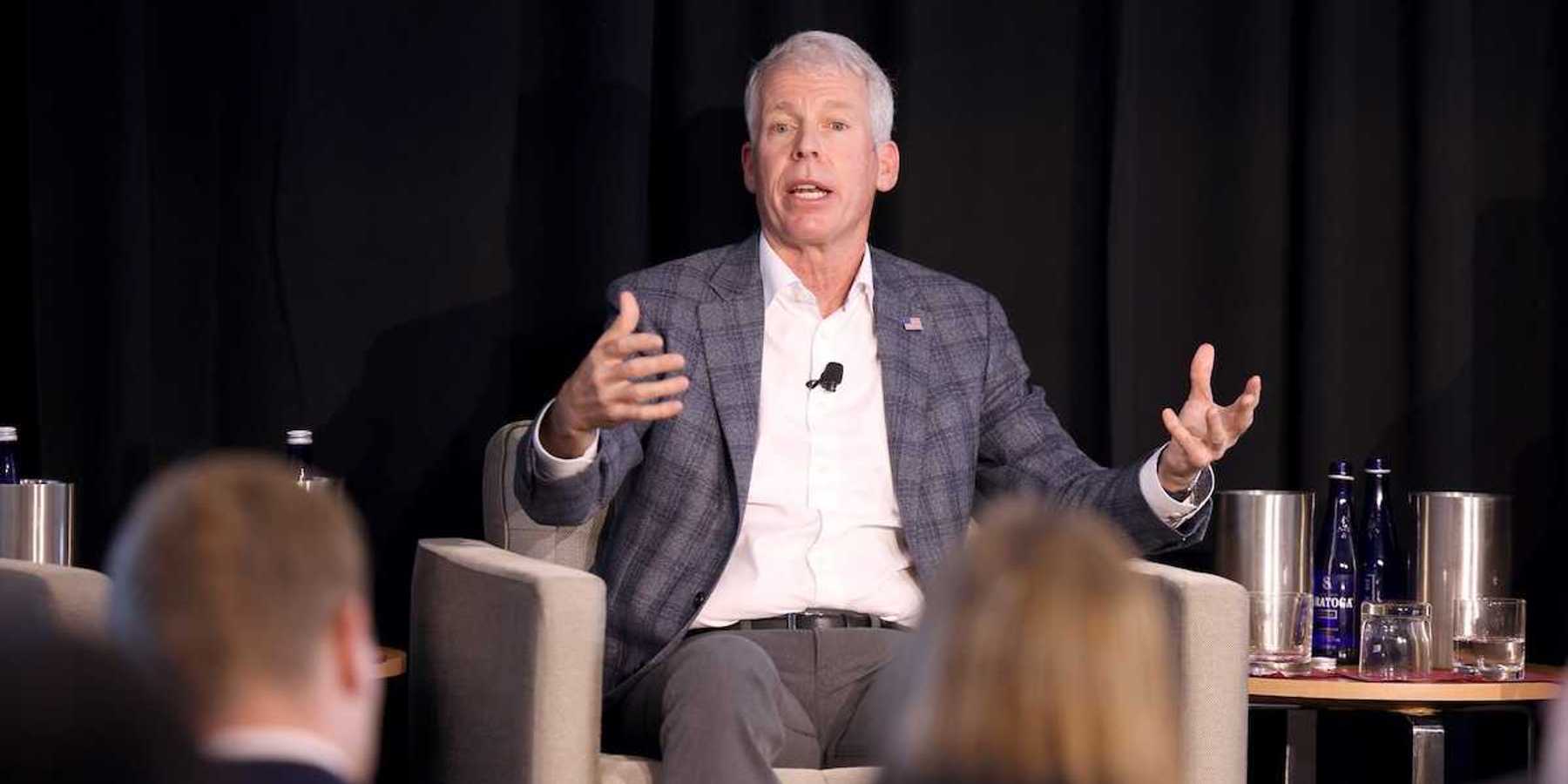Colorado faces intense lobbying over new air quality bills aimed at reducing smog
A contentious battle unfolds as lobbyists from various sectors clash over a legislative package designed to tackle Colorado's smog issues through stricter air pollution controls.
Joe Wertz reports for Colorado Public Radio.
In short:
- Democratic legislators have proposed a trio of bills to revamp air pollution regulation in Colorado, aiming to combat the persistent summer smog.
- Environmental groups back the legislation, while the oil and gas industry and business entities strongly oppose, fearing economic repercussions.
- The bills propose enhanced regulatory authority, increased penalties for polluters, and a temporary halt to drilling during high ozone levels.
Key quote:
“GCC is focused on the future of greenhouse gas reductions and sustainability, and none of these bills support our work to reduce greenhouse gas emissions, improve the environment, or protect the community in which we operate."
— Adam DeVo, attorney for GCC, a Glendale-based company that produces cement and other products for the construction industry
Why this matters:
These legislative efforts address the pressing health issue of ozone pollution, which exacerbates respiratory conditions and affects the quality of life. The outcome of this legislative battle will set a precedent for how environmental concerns are balanced with industrial and economic interests in Colorado.
Exposure to air pollution over long periods of time is linked to premature deaths via heart disease and COPD; while short term exposure is linked to reduced lung function, increased hospital visits due to breathing problems and restricted blood flow to the heart.













